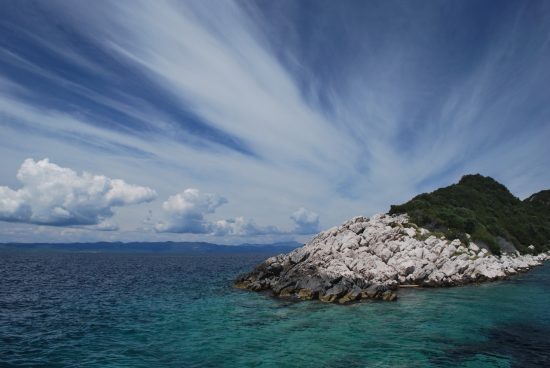


In a recent study, scientists have shown that plankton promoted cloud formation over the oceans.
Using satellite measurements and computer models, they studied the
clouds over the Southern Ocean, one of the world's cloudiest places.
They discovered that during the summertime, bacteria and plankton in
the oceans get whipped up into the atmosphere by the wind and waves.
“The return of light in the summer ignites an amazing flurry of
activity in phytoplankton,” said atmospheric scientist Daniel McCoy of
the University of Washington, who teamed up with Susannah Burrows from
the Pacific Northwest National Laboratory for the study.
In the atmosphere, they stimulate cloud formation, emitting sulphur
compounds and larger organic molecules in the process. With the
increased cloud cover during the summer, the clouds over the Southern
Ocean can reflect up to 10 watts per square metre, which helps to keep
the temperatures down, and slows down the melting of the Antarctic ice
sheets.
Likewise, if there were no plankton in the sea during the summer, there
would be only half as many cloud droplets and the clouds would become
more permeable.
Prior to the research, it was believed that sea salt –generated by sea
spray and functioning as the condensation nuclei – was the most
important factor in the formation of water droplets.
Link to the study: http://advances.sciencemag.org/content/1/6/e1500157
 Mares
Mares 27th July 2015
27th July 2015